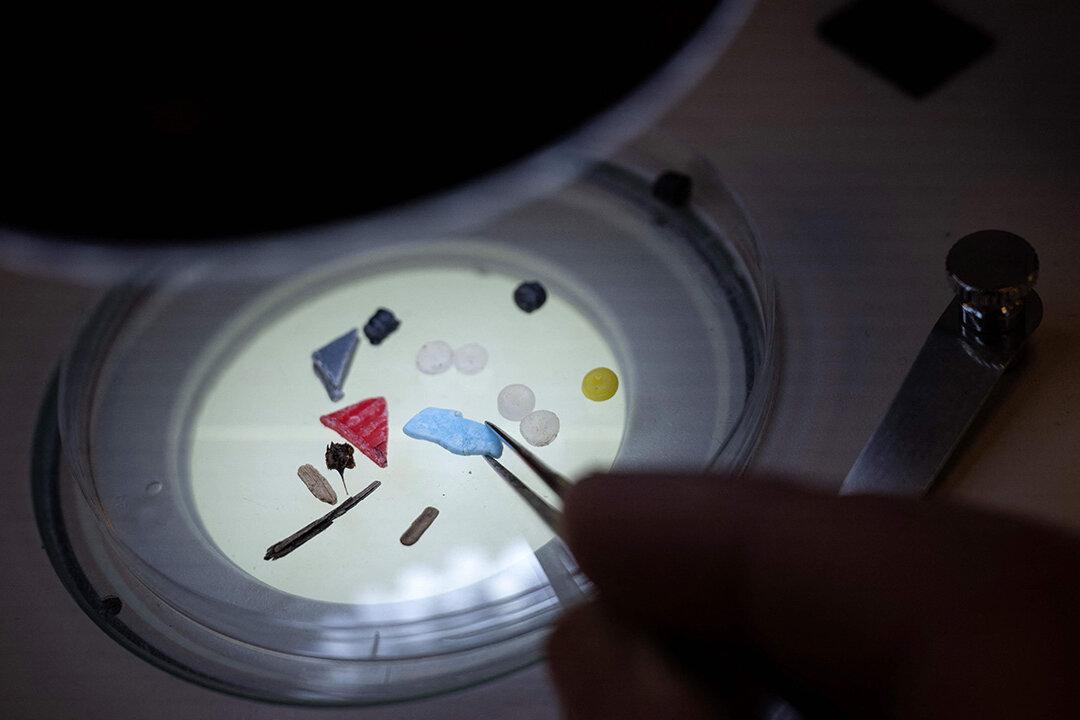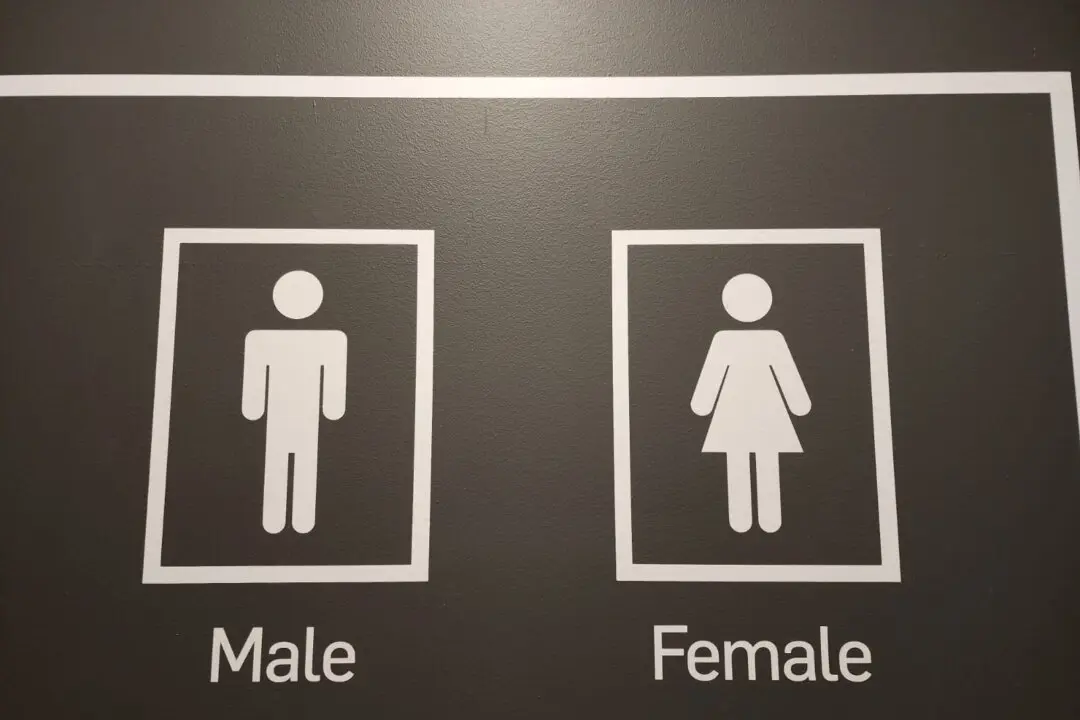Harmful microplastics have been found in human placenta, with some of them known to trigger asthma, damage the liver, cause cancer, and impair reproductive function.
The peer-reviewed study, published in the Toxicological Sciences journal on Feb. 17, examined the issue of nano- and microplastic (NMP) pollution in human beings. Researchers found that all 62 tested placenta samples contained microplastics, with concentrations ranging from 6.5 to 790 micrograms per gram of tissue. The placenta is an organ that develops in the uterus during pregnancy. It provides oxygen and nutrients to the baby while also removing waste products from the child’s blood.





